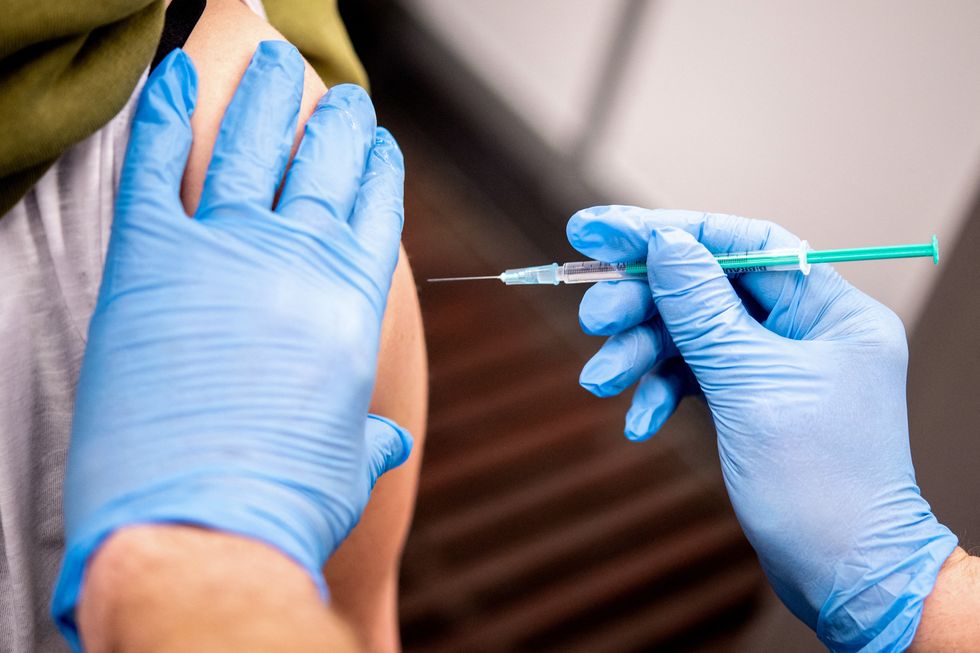A top virologist is warning of “rebound symptoms” as a new variant of Covid spreads like wildfire in the UK.
The KP.3 variant belongs to a new group of COVID-19 variants known collectively as FLiRT.
FLiRT variants are a sublineage of JN.1 – a variant that emerged at the end of 2023 and accounted for around 60 percent of cases in England earlier this year, UKHSA data shows.
The symptoms are generally consistent with JN.1, experts suggest.
These include:
- Fever/Chills
- Cough
- Sore throat
- Congestion or runny nose
- Headache
- Muscle aches
- Difficulty breathing
- Fatigue
- New loss of taste or smell
- “Brain fog” (feeling less wakeful and aware)
- Gastrointestinal symptoms (upset stomach, mild diarrhoea, vomiting)
The symptoms are generally consistent with JN.1, experts say
Getty Images
However, as with previous variants, “some people may have detectable live virus for up to a week after their symptoms begin, and some may experience rebound symptoms”, Andy Pekosz, a professor in Molecular Microbiology and Immunology, tells Johns Hopkins.
“At-home testing remains a really important tool for knowing whether you could potentially infect others,” he added.
What are rebound symptoms?
Covid rebound occurs when Covid symptoms stop and then return days later. It’s not exactly clear why it happens.
The current evidence suggests Covid rebound usually occurs three to seven days after an infection resolves in patients, according to the CDC.
How worried should you?
There is no need to panic. As Covid-19 has mutated, we have continued to see more mild disease. That’s likely not because the virus is milder, but because our immunity is so much stronger now, notes Pekosz.
After years of vaccinations and infections, most of the population is better able to fight off an infection without as much concern for severe disease, he adds.
However, it’s hard to predict the short- or long-term evolution of the virulence of COVID-19, researchers write in the journal Spinger Nature.
Several mutations in components of the spike protein, which allow the virus to gain entry into the cells, raise concerns over the long-term efficacy of the vaccines.

Several mutations in components of the spike protein raise concerns over vaccine efficacy
Getty Images
This underscores the importance of getting the latest booster shot as fears mount over a summer wave: hospital admissions are up 24 percent in the week ending on Sunday, the latest data shows.
Research consistently shows that vaccination blunts the worst effects of Covid and the same can be said for other respiratory illnesses.
According to the NHS, you or your child may be offered a spring COVID-19 vaccine if you:
- Are 75 years or over (you need to be 75 years old by 30 June 2024)
- Are six months to 74 years old and have a weakened immune system
- Live in a care home for older adults

